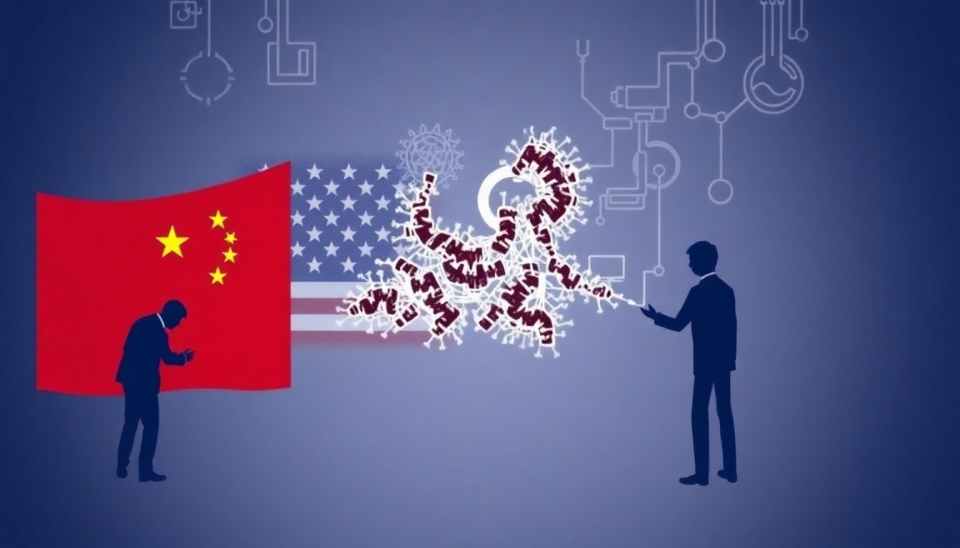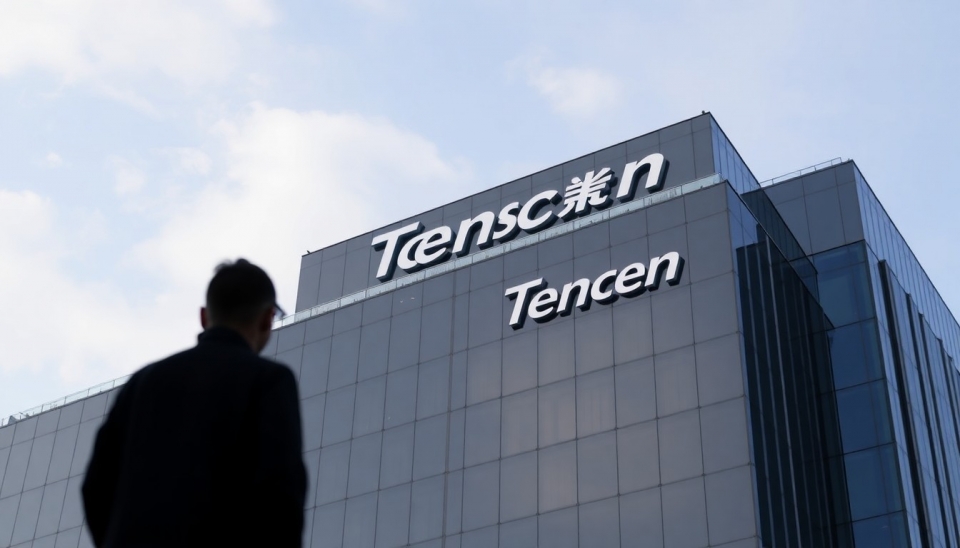
In a striking development, the United States government has intensified its efforts to limit the influence of major Chinese technology companies by placing them on a restrictive blacklist. This strategic move aims to curtail their acquisition capabilities and access to US technology, a decision that could significantly accelerate the economic decoupling between the two superpowers.
The blacklist primarily targets leading Chinese firms accused of engaging in activities contrary to American national interests, particularly those associated with national security risks. Notable companies affected include telecommunications giants and semiconductor manufacturers, which play a crucial role in global tech supply chains. By restricting their access to advanced technologies and components sourced from the United States, the US aims to blunt China's technological capabilities.
This policy is part of a broader trend of increasing geopolitical tensions between the US and China, marked by trade disputes and technological rivalry. Observers warn that such unilateral actions by the US not only threaten Chinese firms but could also adversely impact global market dynamics, creating ripple effects felt by allied countries and international businesses reliant on cooperation between the two economies.
The implications of this blacklist extend beyond Chinese companies. Industry analysts suggest that the move could compel American firms to reassess their operations and partnerships in China. Additionally, it may further exacerbate the already strained diplomatic relations, leading to a cycle of retaliation as China implements its own set of restrictions targeting US firms.
As the situation unfolds, many are closely monitoring the responses from Chinese policymakers. They may pursue retaliatory measures that could hinder the operations of American tech corporations in the Chinese market—a critical hub for many US businesses. This back-and-forth could potentially lead to a system where technological cooperation becomes a relic of the past, paving the way for a more fragmented global tech landscape.
Furthermore, the implications of this decoupling phase extend to global supply chains, which could face disruptions as companies re-evaluate their risk exposure. Supply chain experts indicate that dependence on Chinese manufacturing and technology may push firms to invest in alternative markets, which could alter the competitive landscape in various industries.
In conclusion, the US government's blacklist of Chinese tech giants signifies an accelerating trend towards economic decoupling, raising concerns about prolonged market instability and the future of international technological cooperation. Stakeholders in both nations, from policymakers to business leaders, will need to navigate this complex landscape carefully as the consequences of these actions unfold.
As the world watches this critical development, the focus remains on finding a balance between national security interests and global economic stability.
#USBlacklist #ChinaTechGiants #EconomicDecoupling #GlobalSupplyChain #TechnologyRivalry #NationalSecurity
Author: John Miller

